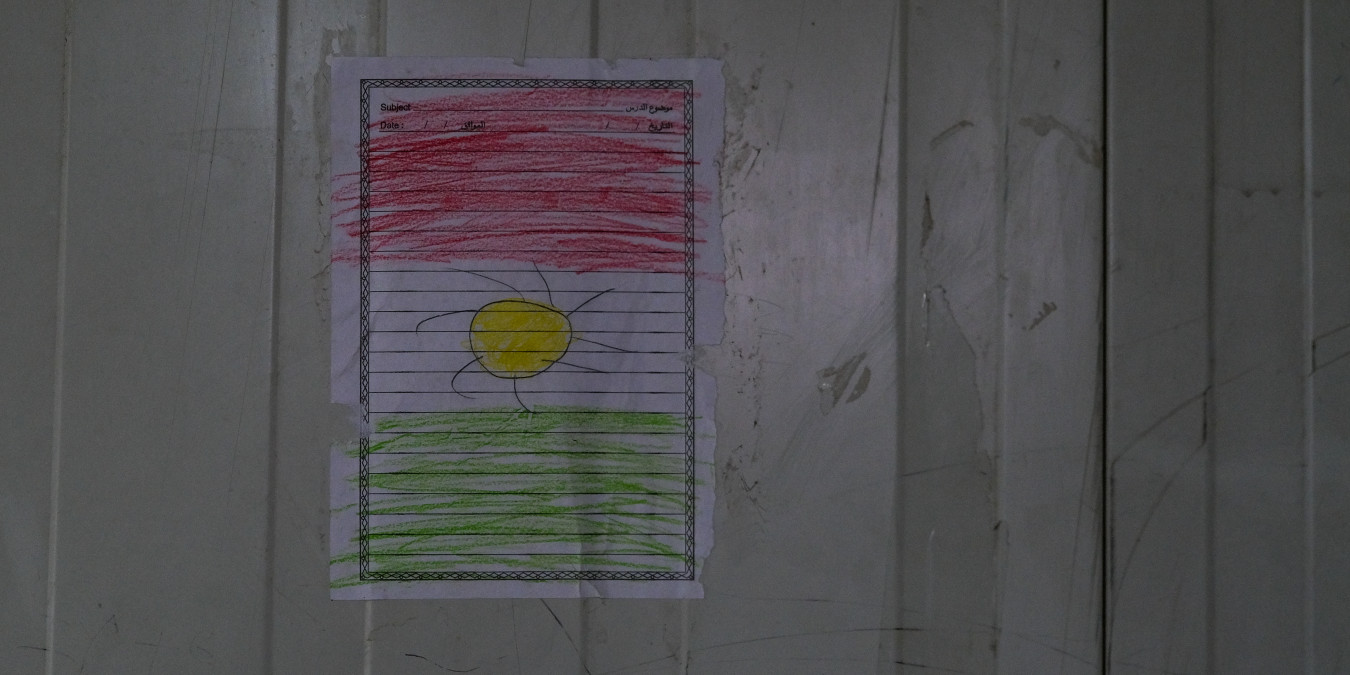Empowering Syrian Refugee Students with Kurdish Language Classes in Northern Iraq
Published: Feb 2, 2024 Reading time: 2 minutes Share: Share an articleIn the academic year 2022-2023, the Kurdistan Regional Government (KRG), in collaboration with the Ministry of Education, embarked on an initiative to reshape the educational curriculum for Syrian refugees residing in camps in northern Iraq. The decision to transition from the Arabic-language curriculum to Kurdish-Sorani—the official language of the Kurdistan Region of Iraq (KRI)—marks a bold step towards fostering integration and cultural exchange.

To facilitate this transition, we—supported by the Czech Development Agency (CzDA)—established summer courses aimed at teaching Sorani to students from the first to the sixth grade. Learning Sorani is crucial to ensuring a smooth shift from Arabic to Sorani and helping integrate them into KRI’s schools.
“When we moved to Kurdistan, I learnt some Sorani but I had some difficulties in writing and understanding,” explains Silva, a 15-year-old Syrian refugee who lives in Basrma camp. Silva was one of the students who joined the classes to strengthen her Sorani skills and help catch up with the school curriculum.
The impact of these classes was impressive as the students witnessed an overall improvement in their academic performances across various subjects taught through Sorani. The outputs revealed a remarkable 60% increase in students’ language proficiency.
Mostafa, a 16-year-old Syrian refugee who fled to Kurdistan with his family in 2013, faced great challenges after his father’s death. Despite his love for learning, he worries about dropping out to support his family.
In addition to offering Sorani language classes, the project encompasses a diverse array of initiatives. These include school rehabilitation and maintenance, the provision of non-formal education classes such as remedial sessions and psychosocial support, the facilitation of various student clubs, and a climate change awareness campaign implemented through gamification. Moreover, the project involves comprehensive capacity-building training for Ministry of Education personnel in the Kurdistan Region. This training focuses explicitly on gender-sensitive and disability-inclusive pedagogies. Additionally, assistance is extended to the Parent-Teacher Associations in schools through the provision of necessary supplies during monthly meetings.
Furthermore, we supplied formal schools with teaching and learning materials, including recreational kits and psychosocial support, with a focus on the production of materials conducive to behavioural change.
Our commitment to inclusive education has laid a foundation for a more integrated and harmonious society of Syrians in the Kurdistan Region. As these students overcome linguistic barriers and educational challenges, they illustrate the basis of a brighter future.



